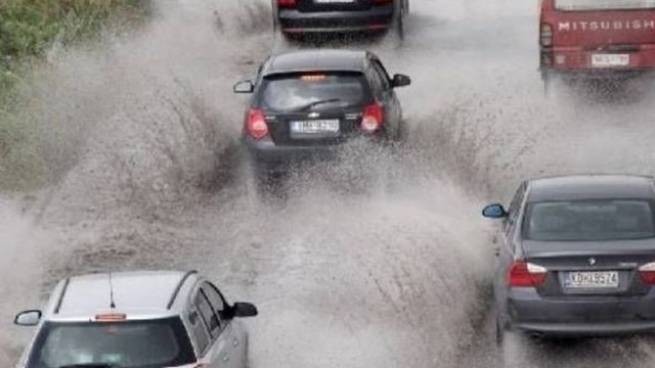Both positive and negative provisions characterize the new recycling bill, which was presented on June 3 to the Greek parliament after a week of consultations.
Among the shortcomings identified is the provision for the establishment of a network of waste incineration plants, although this method is at a low level in the hierarchy of the European Union and, therefore, is not funded. The law exempts waste generators from various obligations, including payment, depending on the possibility of recycling their packaging. By insisting on the introduction of many guarantee systems, a model that has not been applied in any European country finds an opposite market as it will cultivate an environment of non-transparency.
The 180-page bill will not only include legislative changes (some of which deal with the transposition of Community directives), but will also substantially reformulate some of the existing legislation to serve as a guideline.
On the positive aspects of the bill:
The landfill fee has been increased by 5 euros per ton. New categories of waste are envisaged for which there should be a different management, for example textiles, irrigation pipes, mattresses, furniture, toys and sports equipment. Disposal systems are subject to fines if they do not achieve their objectives (however, the process is lengthy and results in the system not working properly for several years before its license is revoked). There is a commitment to reduce food waste by 30% by 2030. From 01.01.2022, food waste companies – markets, large hotels, hospitals, catering establishments – must register the food waste and excess food they produce on the platform. Food donation is welcome. Recycling centers are allowed not to accept the contents of waste bins if they contain more than 40% waste (ordinary waste). Of course, if this provision becomes mandatory, more pressure will be put on municipalities and recycling systems to improve their efficiency.
Negative side:
The Ministry of the Environment is pushing for a network of waste-to-energy plants, a practice that the EU places in its hierarchy right after the landfill. Incineration plants, in combination with mixed processing plants, indirectly preclude more efficient management practices such as segregated screening. Some positive provisions from the previous bill were removed in favor of packaging manufacturers: for example, their contribution to recycling systems should be lower if products are recyclable, reused or contain recycled plastics. The obligation for similar labeling and the obligation for bottling companies to use 30% of refillable bottles by 2030 have also been removed. What remains is the release from any legal liability of the companies that participate in the “failed” recycling system. The provision of multiple (instead of one) warranty systems (drs) for plastic bottles and cans remains. The market is almost totally opposed to this, arguing that it will create unfair competition (systems are by definition non-profit) and conditions of non-transparency. It should be noted that no European country has more than one guarantee system, as the reverse has proven to be problematic. The upper limit that has been set on backup recycling systems has been lifted to push their money to be used. Although the Hellenic Recycling Organization faces serious problems of staffing, transparency and trust, the main legislative intervention to strengthen it is… the establishment of a CEO position. …
Source link






More Stories
Clearchos Marousakis warns of hail and tornadoes (video)
G. Kallianos: “24-hour bad weather with rain and downpours”
Dubai has turned into a lake: "This is what we've been waiting for so long"